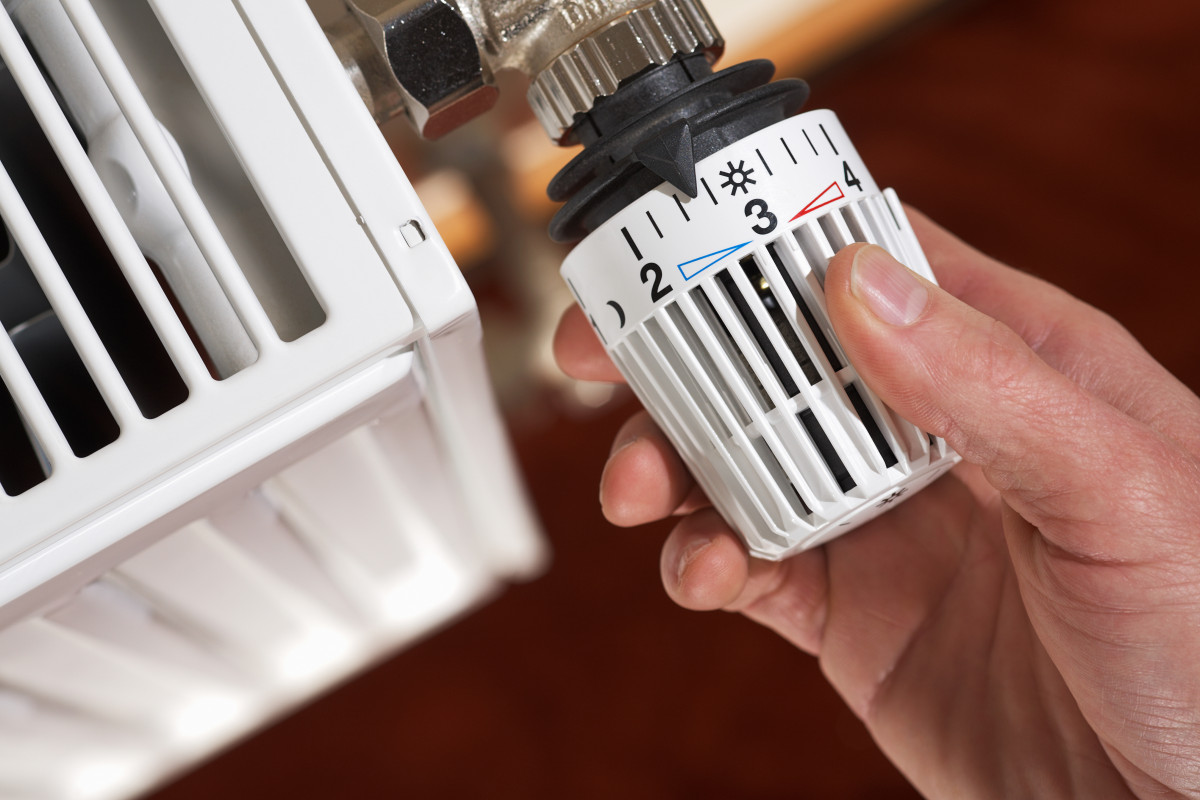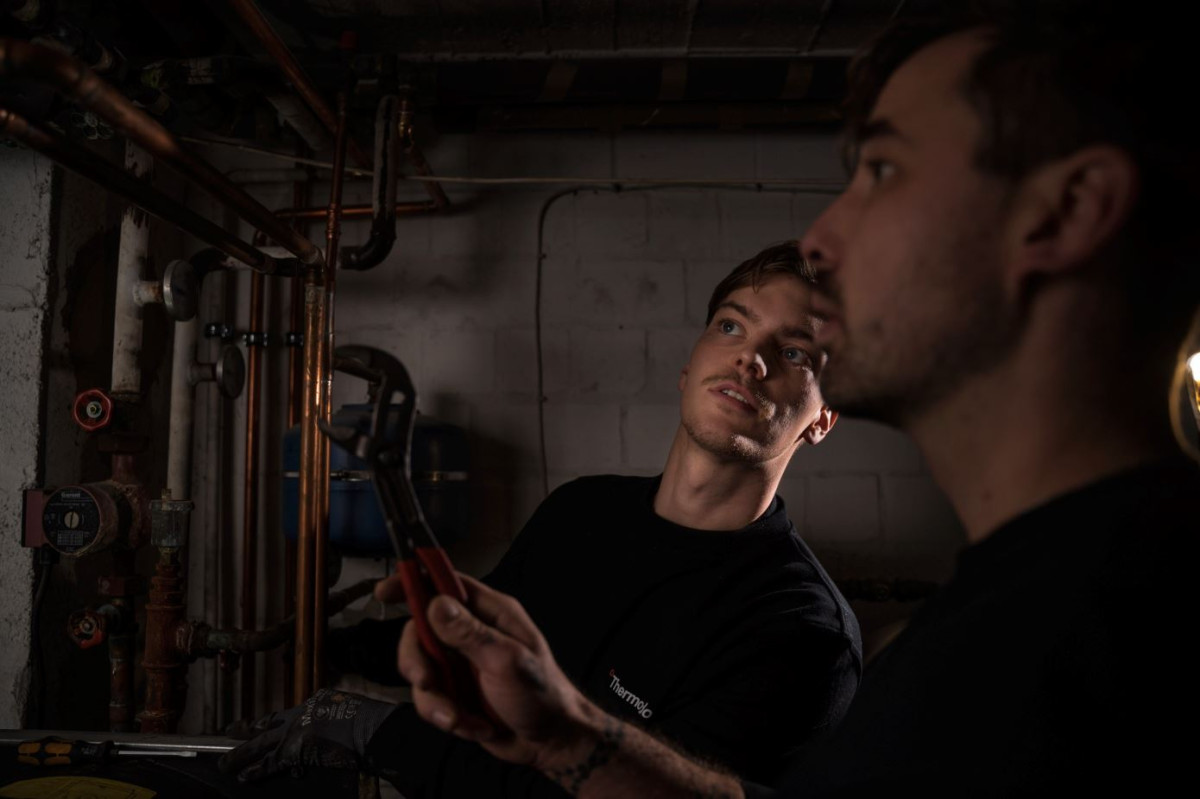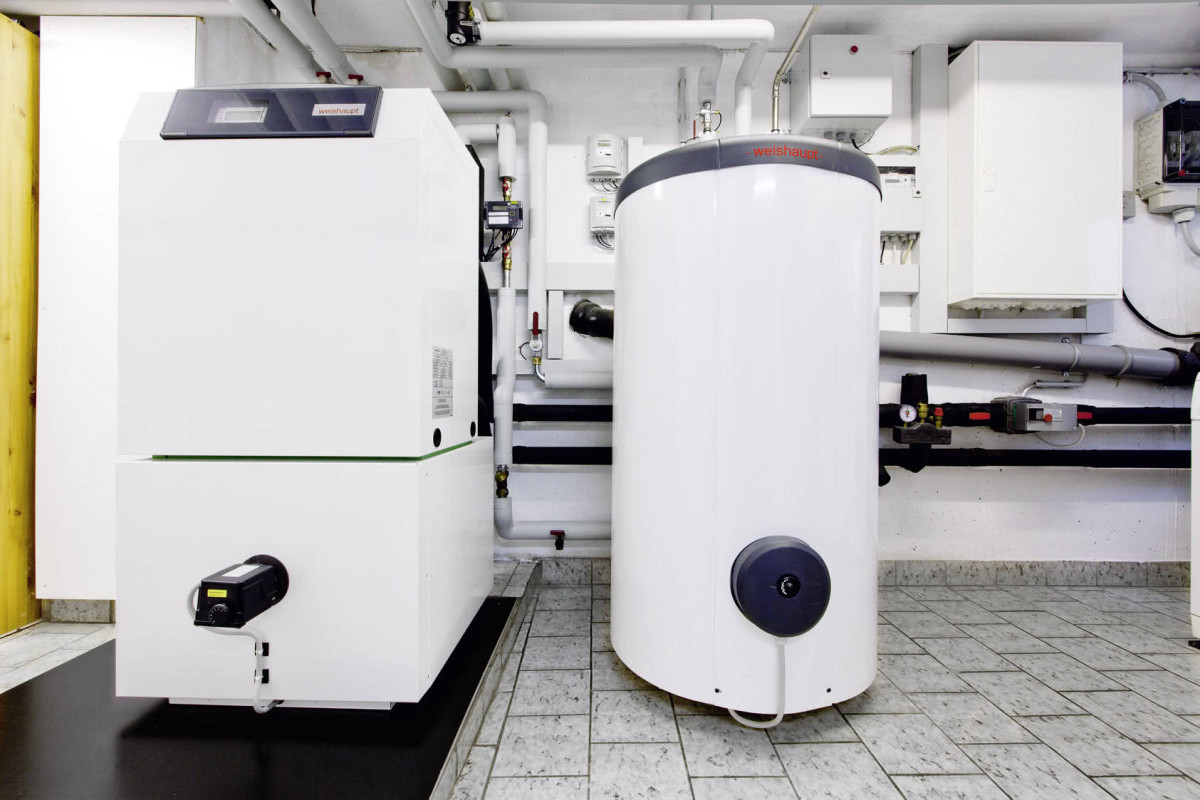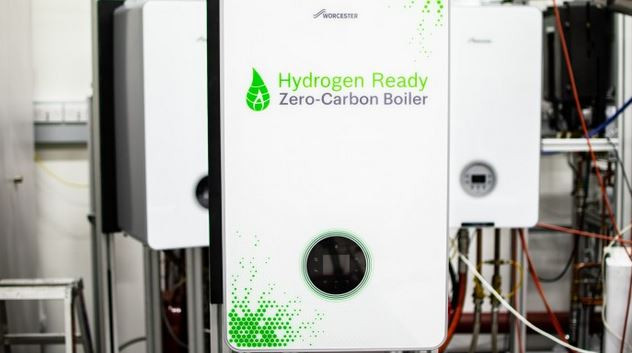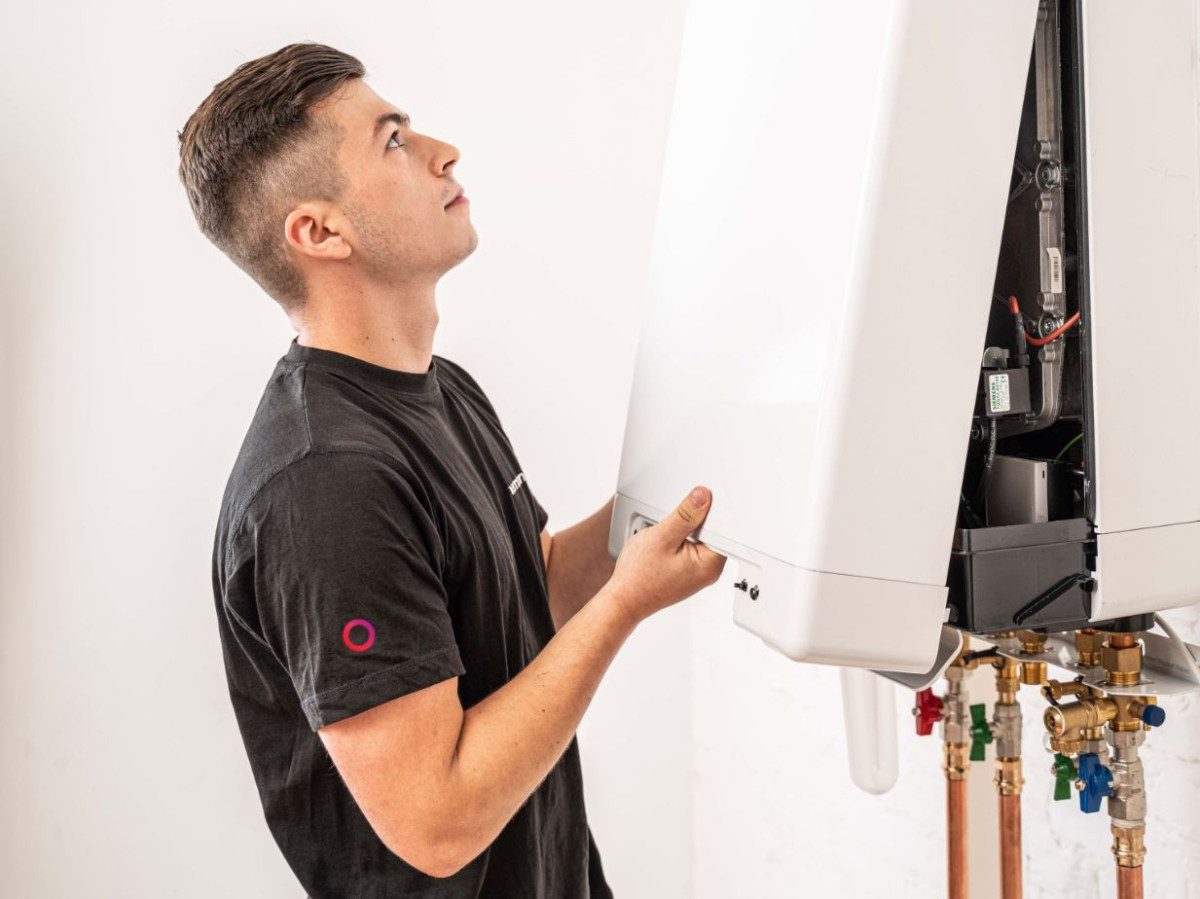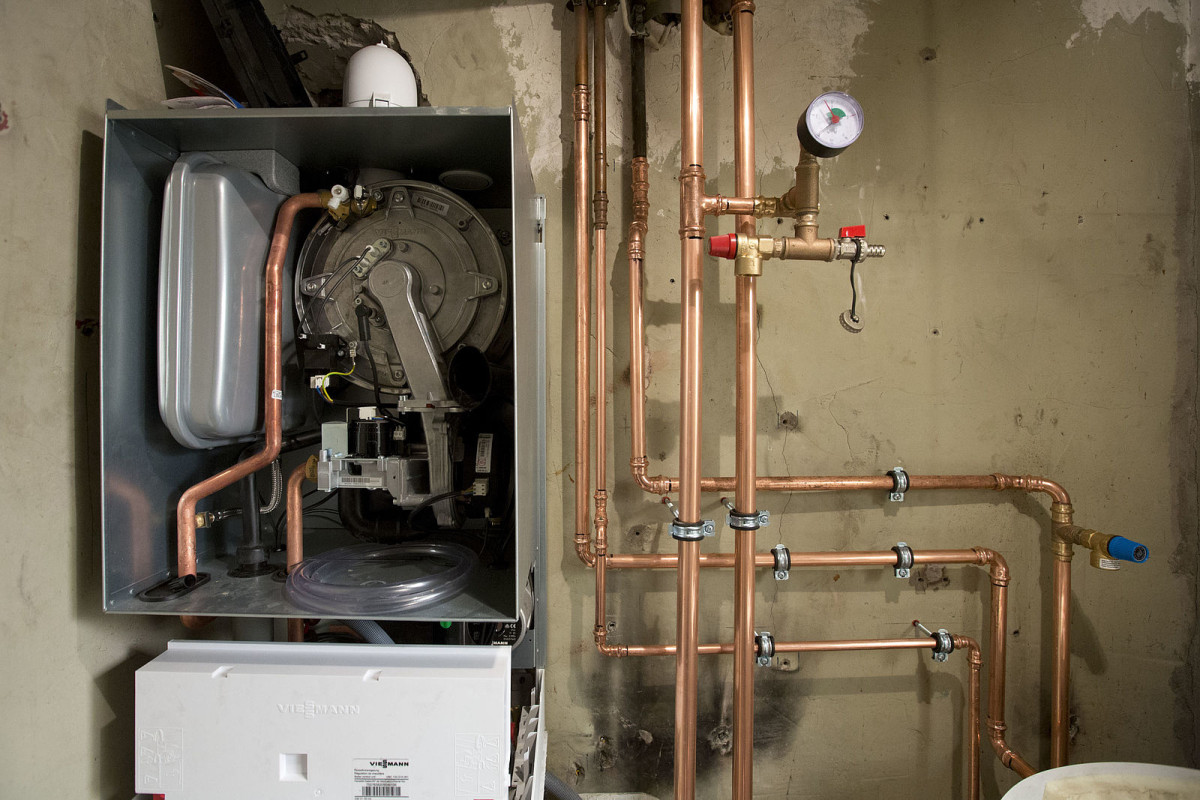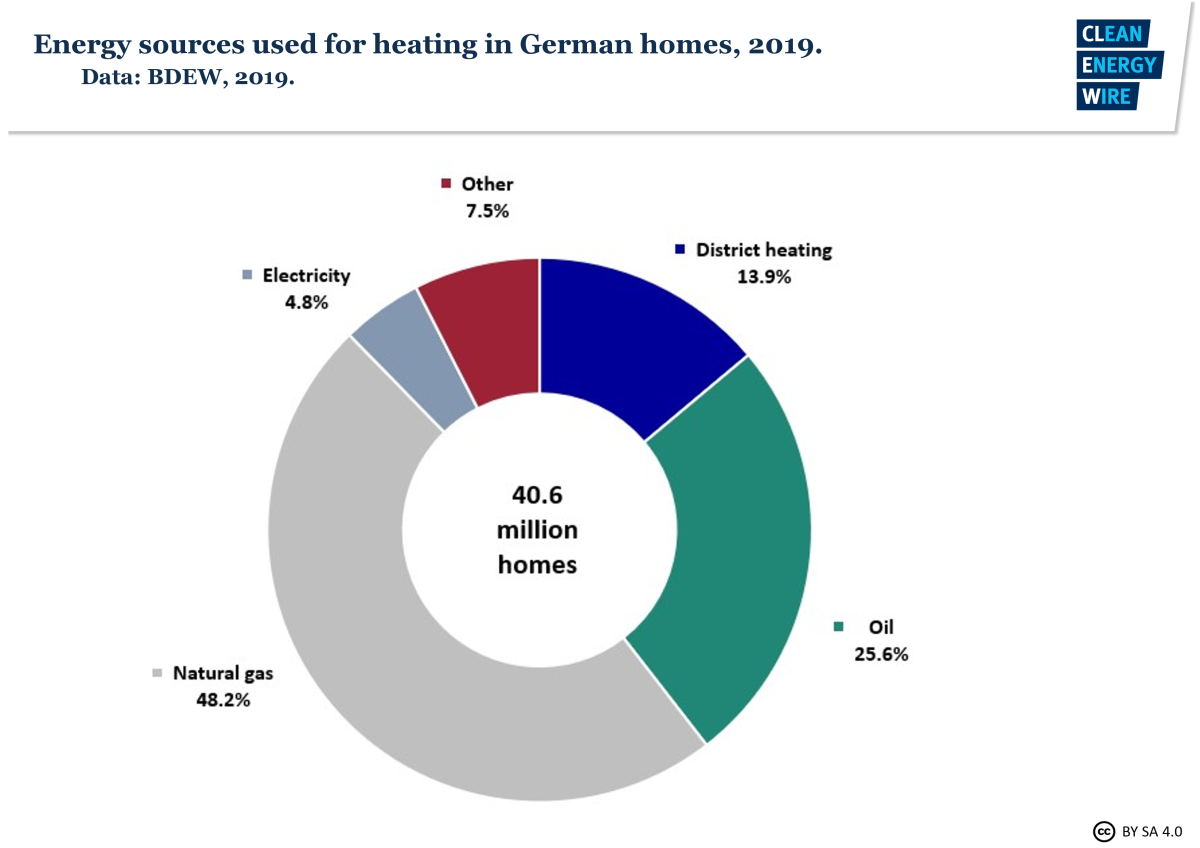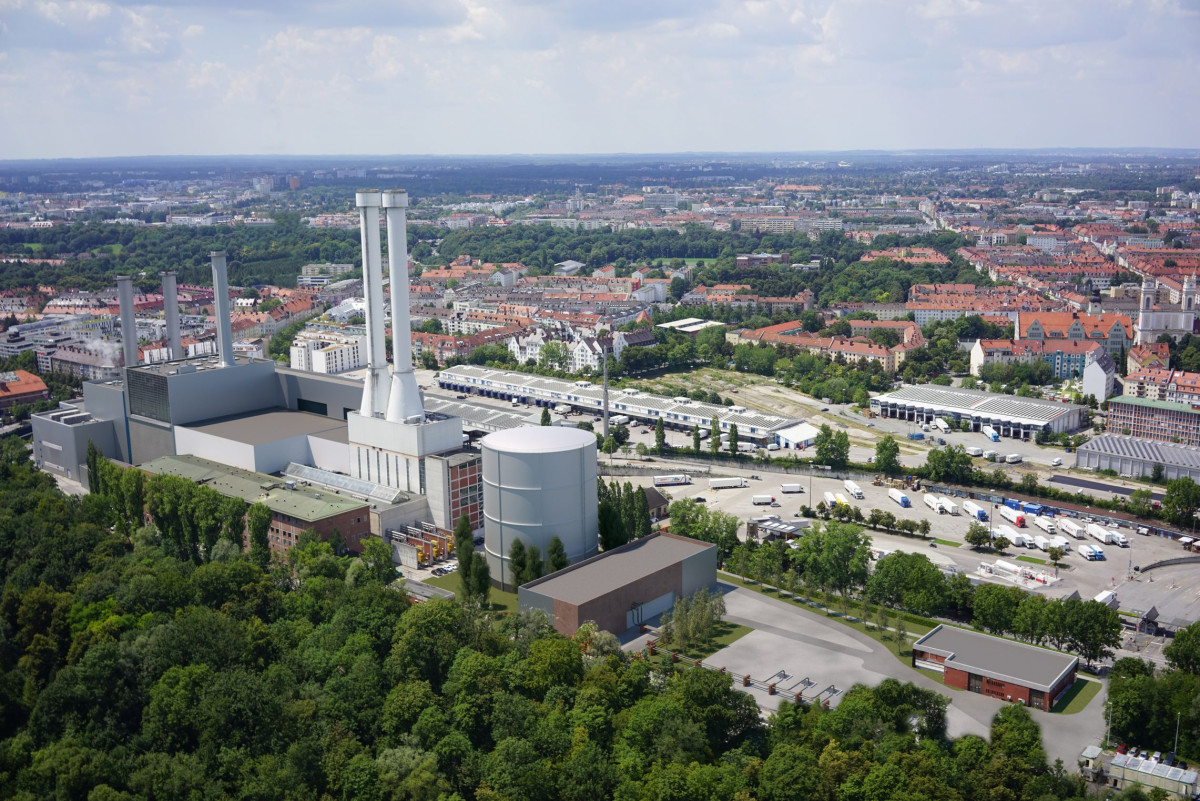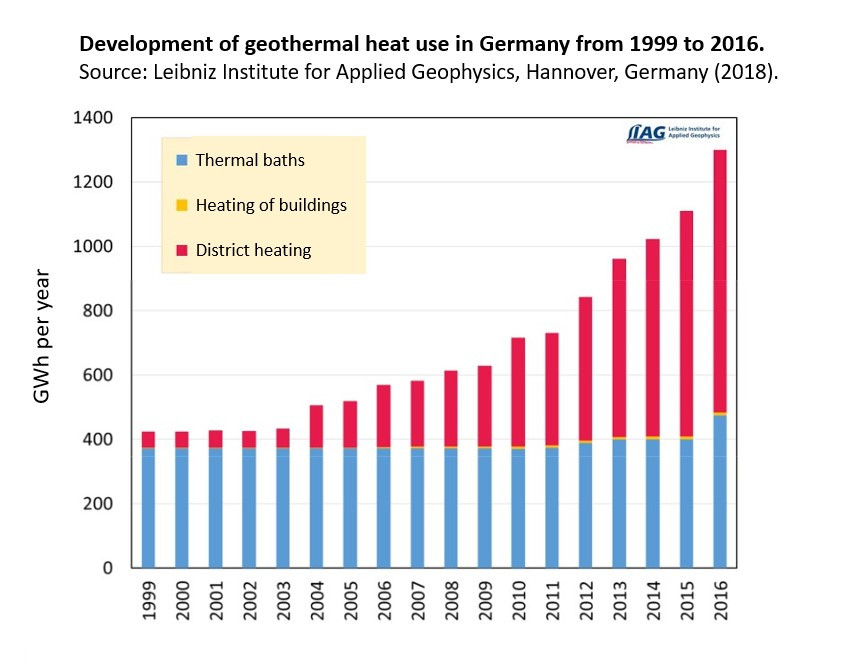Boiler room revolution: Europe kickstarts shift to climate-friendly heating
- Contents
- Europe struggles to heat homes without cooking the planet
- What are the best technologies to heat homes cleanly?
- Interview: 'Carrots and sticks' needed to heat homes cleanly — energy analyst
- Q&A - Heating with hydrogen: Clean alternative or pipe dream?
- Q&A – Germany debates phaseout of fossil fuel heating systems
- The heat is on to make German buildings 'nearly' climate-neutral
- Heating 40 million homes – the hurdles to phasing out fossil fuels in German basements
- Germany’s geothermal sector is struggling to take off
- Geothermal energy – Germany's largely untapped renewable heat source
Europe struggles to heat homes without cooking the planet
The EU is struggling to decarbonise its buildings, most of which are heated by fossil fuels that spew planet-heating gasses. But it has the technologies to go green. The bigger problem, experts say, is overcoming the barriers to rolling them out — convincing people to change their behaviors and their homes, and bringing down the price of cleaner alternatives. Read the analysis here.
What are the best technologies to heat homes cleanly?
Boilers that burn fossil fuels to heat homes spew gasses that also heat the planet. Several technologies to heat homes cleanly already exist, but many come with trade-offs that hold them back. So how do technologies like heat pumps, district heating, solar thermal, biomass, biomethane and hydrogen work — and how do they compare? Read the factsheet here.
Interview: 'Carrots and sticks' needed to heat homes cleanly — energy analyst
Switching to climate-friendly heating to keep homes warm requires both subsidies for clean technologies and restrictions on dirty ones, says Duncan Gibb, senior advisor at climate think tank Regulatory Assistance Project and founder of consultancy Energy Scout. But subsidies need to be well-thought through — so lower-income households aren't left footing the bill for expensive gas infrastructure — and restrictions need to be communicated clearly, he told Clean Energy Wire in this interview. The success stories in countries that have made the most progress, he added, suggest that governments must be transparent with people and businesses about where the industry is heading.
Q&A - Heating with hydrogen: Clean alternative or pipe dream?
To clean up carbon emissions in the building sector, the bulk of which comes from burning fossil fuels to heat air and water, scientists have pushed for heat pumps running on green electricity and district heating systems powered by a variety of clean sources. The gas industry and some politicians have fought hard for hydrogen as an additional option to replace gas and oil as a fuel in homes. But how clean is hydrogen — and does it make sense as a solution? Read the Q&A here.
Q&A – Germany debates phaseout of fossil fuel heating systems
After years of neglect, Germany is making concrete plans to reduce emissions from through heating buildings — which are directly responsible for around 15 percent of the country’s entire CO2 output. However, a draft law for a phase-out of fossil fuel-powered boilers has triggered a fierce debate about decarbonisation of this sector, with critics arguing that the investment costs for climate-friendly solutions like heat pumps will overburden homeowners and tenants. In response, the coalition government reached a hard-fought compromise by topping up subsidies and effectively postponing a broad ban on new fossil fuel heating systems from the originally planned date in 2024. This Q&A explores the background of the debate, the details of the compromise, what it will mean in practice, and why it was so controversial.
Still relevant: Our Germany case study
The following texts are from 2020, but still provide useful background information.
The heat is on to make German buildings 'nearly' climate-neutral
Heating has so far taken a back seat to the German energy transition's poster child, the power sector. But the Wärmewende, or heat transition, is essential for Germany to cut emissions and reach climate neutrality. Key to the transition is phasing out fossil-fuelled heating in nearly 22 million buildings. Getting homeowners, tenants and landlords on board has, however, proven a complicated task. Stakeholders largely agree that the energy use in German buildings must fall. But which technologies need scaling up to bring emissions down? Read the analysis here.
Heating 40 million homes – the hurdles to phasing out fossil fuels in German basements
Germany's more-than 40 million homes emit over nine percent of total emissions – most of which by far arise through the heating of rooms and water. But convincing households to switch heating system is far from straightforward in a maze of boilers, buildings, interdependent investment decisions and users. This factsheet describes how German homes are heated and the complications on the path to climate-friendlier living rooms. Read the factsheet here.
Germany’s geothermal sector is struggling to take off
While geothermal energy is a viable alternative to curb emissions for heating and cooling, fears and high costs have limited its expansion. But in Germany, the states Bavaria and now Baden Wurttemberg are forging ahead. The potential of geothermal energy, especially for heating, is particularly enticing. Read the article here.
Geothermal energy – Germany's largely untapped renewable heat source
This factsheet provides an overview of deep and shallow geothermal energy's use in Germany and their potential to cut CO2 emissions in heating. Read the factsheet here.

